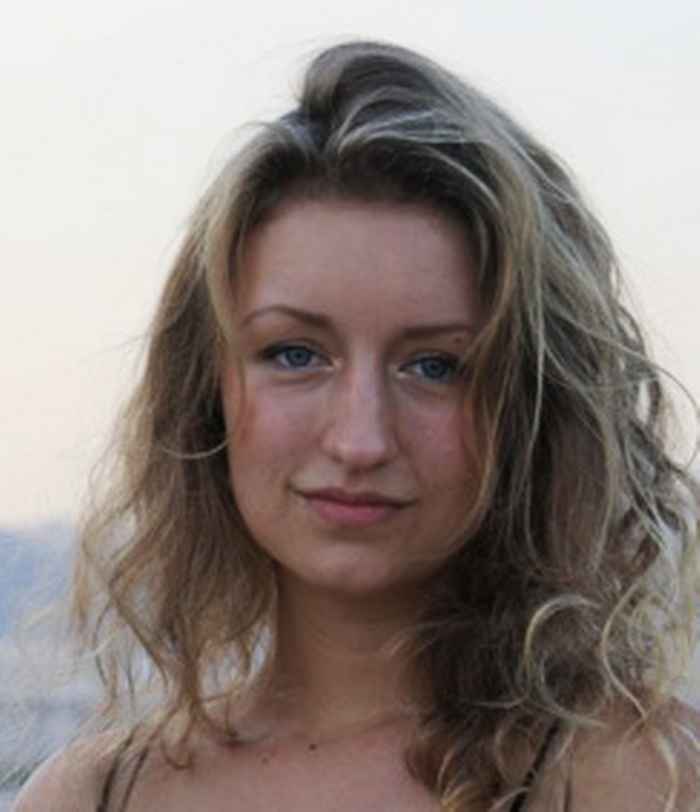Melinda Zijp

An Erasmus year in Bologna
'Through my Bachelor's in European Studies I learned many different things regarding history and literature, but also about law and economics.
I chose Italian as my main language. That’s why I also spend a year as an Erasmus student in Bologna, Italy. Luckily with European Studies you are able to organise your study programme in a certain way so that you can go abroad easily. My Italian greatly improved and I made some good Italian friends, which made it a very special experience.
In Bologna I did many different courses, mainly in the field of art history since the DAMS (the department of artistic studies, red.) is quite renowned and I thought this would be the perfect opportunity to use my "freedom" as an exchange student to try a bit of everything. Next to the courses at the DAMS I also studied History of Judaism and I had a course called Società e politica, which was all about the Italian political system (which is quite complex, I must say!).
I found the level of the courses similar to the UvA's, and sometimes even more difficult, since in Italy you are required to read a lot more books. Maybe I need to rephrase myself: the level is just different and it depends on the professors personal too. I really learned I actually love learning theory, though.
The fact that you do part of your studies abroad instead of taking the same courses at your own university only is a great advantage; it gives you the chance to see the same subjects from a different perspective and approach them in an alternative way.'
Internship in Rome
'Last semester I lived in Rome to do an internship at the Cultural Department of the Dutch Embassy. I was asked to do many different tasks and I was busy with projects about innovative architecture, cultural industries and different forms of art which really got me inspired and motivated. I guess I got the internship not only by studying, but also by being active with art projects and having done several parttime jobs such as working at the international office beforehand.
It is quite "natural" for a student European Studies to opt for an internship at the Embassy - working in a multicultural environment and being involved with international governing is really attractive and gives you the idea you'll be able to "apply your theoretical knowledge gained through your studies into practice". I'm convinced European Studies gives a good background.
I will get 12 ECTS for my internship and I have written a paper - counting more than 5000 words. It was obligatory to find a professor to be an academic mentor for the internship, next to a mentor at the location of the internship itself. This is a kind of regulation you need to follow through, just like asking permission of the committee to do the internship.'